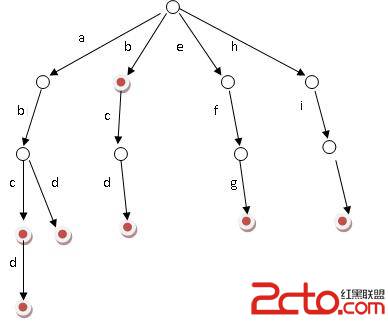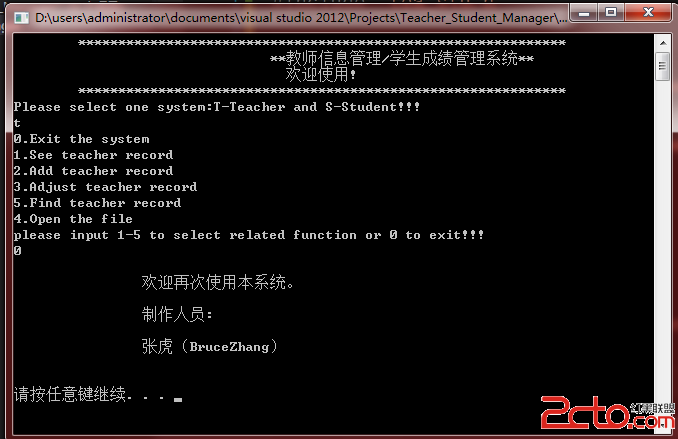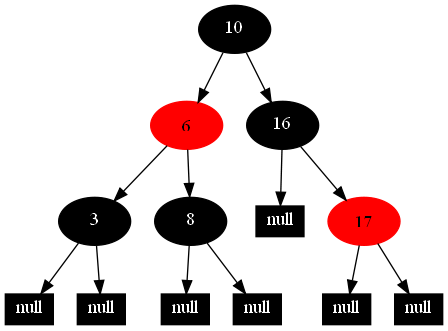c++类函数地址
class AObj;
typedef int (AObj::*pfun)();
pfun pf_protected1 = NULL;
pfun pf_protected2 = NULL;
pfun pf_private1 = NULL;
pfun pf_private2 = NULL;class AObj
{
public:
AObj(){};static int a_static_fun()
{
pf_protected1 = &AObj::a_protected_fun1;
pf_protected2 = &AObj::a_protected_fun2;pf_private1 = &AObj::a_private_fun1;
pf_private2 = &AObj::a_private_fun2;
return -1;
}int a_public_fun1()
{
return 0;
}
int a_public_fun2()
{
return 1;
}
protected:int a_protected_fun1()
{
return 2;
}int a_protected_fun2()
{
return 3;
}
private:
int a_private_fun1()
{
return 4;
}
int a_private_fun2()
{
return 5;
}
};
int test1(char* p);
int test2(char* p);int test1(char* p)
{
test2(p);return 1;
}int test2(char* p)
{
for (int i = 0; i < 172; i++)
{
*p++ = ;
}return 0;
}
int _tmain(int argc, _TCHAR* argv[])
{
AObj obj;AObj::a_static_fun();
printf("obj: %p ", &obj);
printf("AObj::a_static_fun %p ", &AObj::a_static_fun);printf("AObj::a_public_fun1 %p ", &AObj::a_public_fun1);
printf("AObj::a_public_fun2 %p ", &AObj::a_public_fun2);printf("AObj::a_protected_fun1 %p ", pf_protected1);
printf("AObj::a_protected_fun2 %p ", pf_protected2);printf("AObj::a_private_fun1 %p ", pf_private1);
printf("AObj::a_private_fun2 %p ", pf_private2);//char szbuf[2];
//sprintf(szbuf, "%d", 3.54f);//test1(szbuf);
return 0;
}
补充:软件开发 , C++ ,




